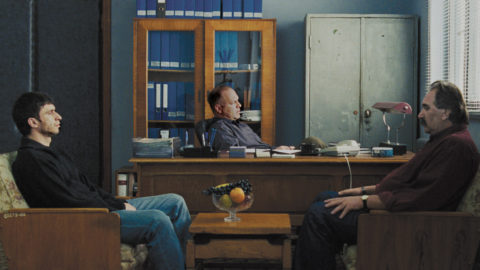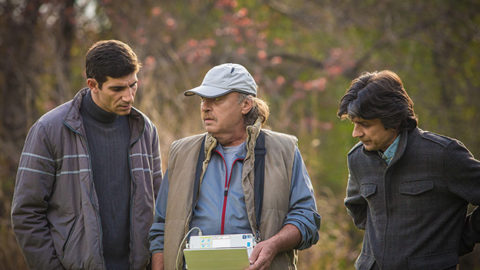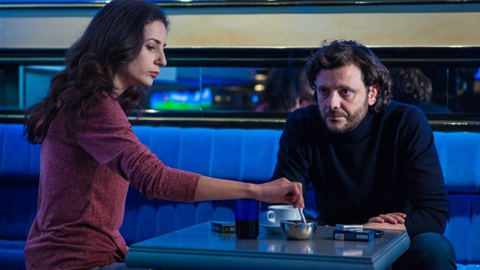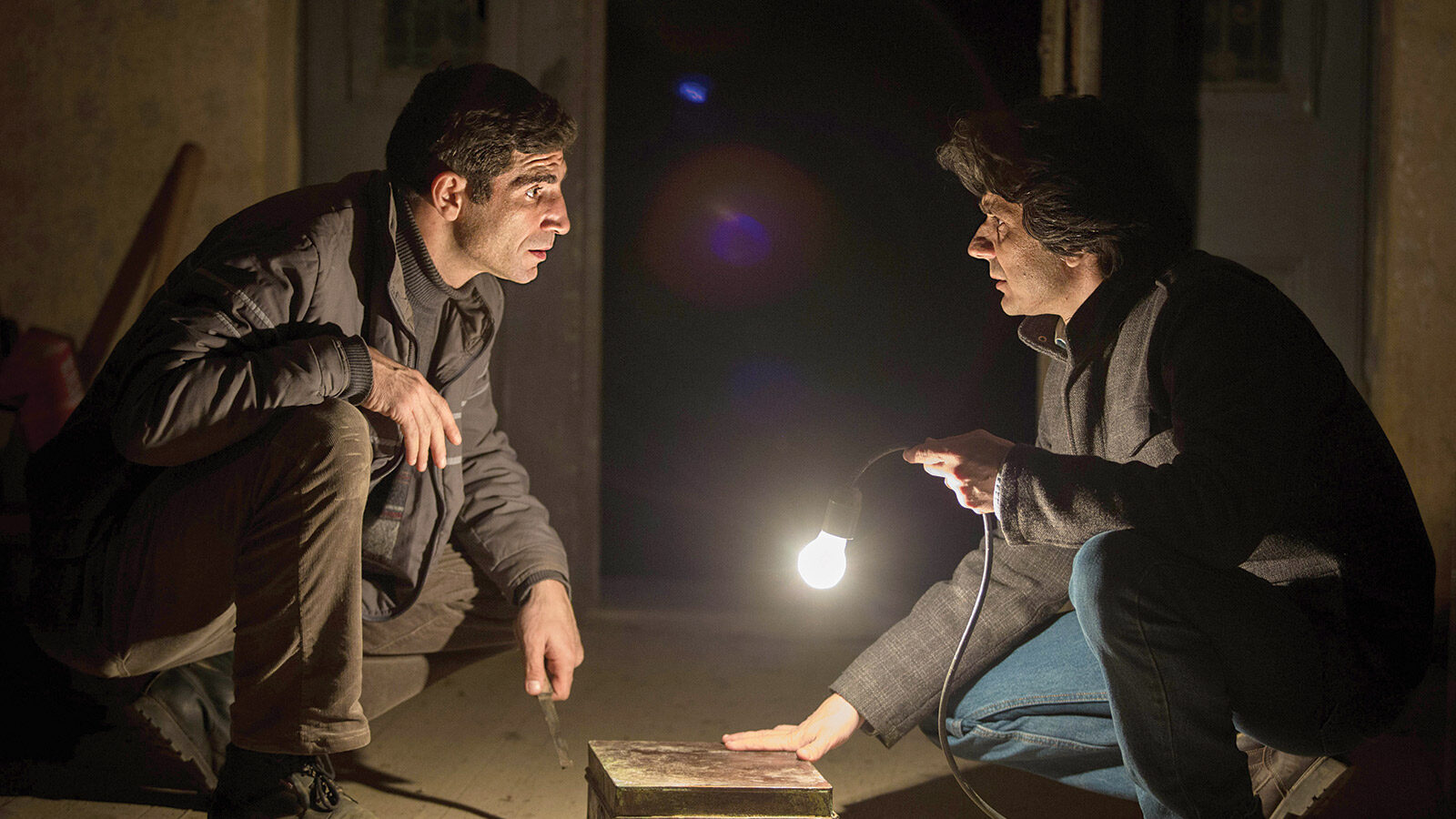
Short Takes: The Treasure
Corneliu Porumboiu has a genius for hitting on subjects as wide in their implications as they are small in scale: a single episode of a local TV news show (12:08 East of Bucharest, 06); a routine drug arrest (Police, Adjective, 09); a soccer match (The Second Game, 14). His new film is both another testament to his eye for telling details and his most seamless combination yet of fiction and fact.
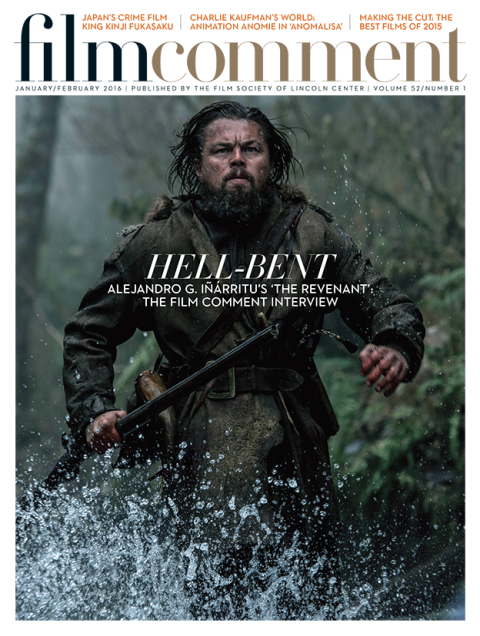
The film’s subject was suggested by Porumboiu’s friend Adrian Purcarescu, one of The Treasure’s lead performers. The story the fictionalized Adrian recounts to his comfortably married neighbor Costi (Cuzin Toma) barely differs from the one the real Adrian told Porumboiu before the film was made. Generations ago, Purcarescu’s ancestors built a house in the village whose land-owning residents inspired the Wallachian Revolution of 1848. Prior to the 1948 Communist takeover of Romania, he claims, his grandfather buried a fortune there. Now, years after the country’s return to democracy in 1989, Adrian wants to dig it up.
The Treasure’s centerpiece is the duo’s excursion to this crumbling country home, for which they recruit an amateur metallurgist (Corneliu Cozmei) whose ironic, hangdogish attitude sets the movie’s tone. Originally, Porumbiou did in fact undertake a similar search with Purcarescu and Comei; they came up empty-handed. That the dig on screen does yield a kind of treasure is the twist that fuels the film’s third act—as surprising and grimly funny a denouement as anything in Porumboiu’s previous work.
Max Nelson is an editorial assistant at The New York Review of Books. His FILM COMMENT column Restoration Row looks at new and forthcoming work in preservation and restoration.



